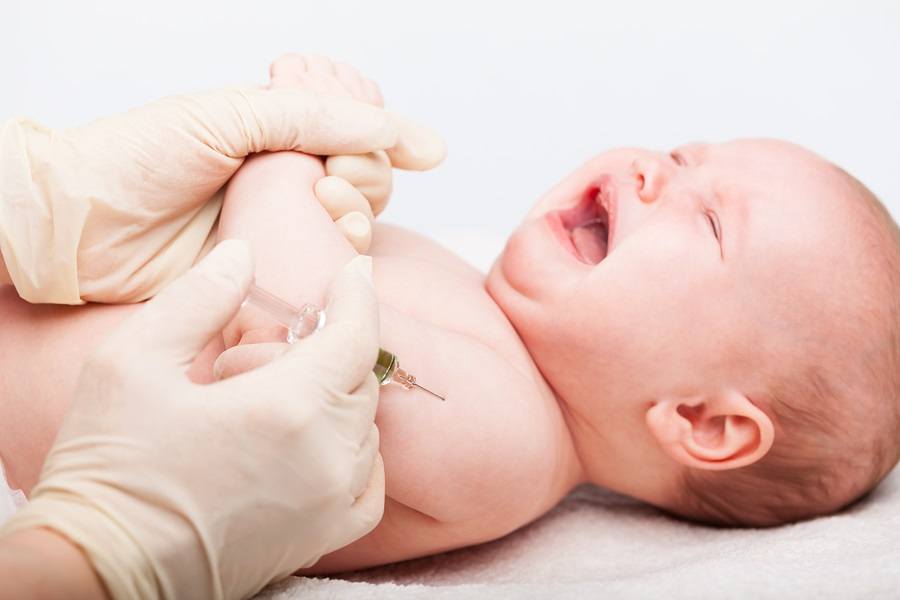New Hepatitis B Vaccine Studies Show Disastrous Results from Vaccinating All Newborns
In 1991, US public health authorities began recommending that all infants get the hepatitis B (HepB) vaccine, stipulating that they receive three doses within the first six months of life, starting at birth. The World Health Organization (WHO) followed suit with its own recommendation in 1992, instructing countries to vaccinate from birth even where hepatitis B virus was uncommon. Two 2018 studies (one in the US and one in India) take a closer look at the outcomes and implications of these blanket prescriptions. Although the studies focus on different aspects of their countries’ respective vaccine programs, both are cautionary tales, highlighting the fact that one-size-fits-all vaccine recommendations frequently steamroll over important biological risks and immune system subtleties, thereby introducing troublesome unintended consequences.



